Optimal Timing for Siding Service
Determining the optimal time for siding service involves considering weather conditions, temperature, and the specific requirements of the project. Proper timing ensures the durability and quality of the installation or repair process, minimizing disruptions and ensuring long-lasting results.
Spring offers moderate temperatures and longer daylight hours, ideal for siding installation and repairs. It allows ample time for materials to settle before harsher weather arrives.
Summer provides warm weather, which can facilitate faster installation. However, high temperatures may affect certain siding materials, so timing should be planned accordingly.
Fall's cooler temperatures and dry weather create favorable conditions for siding work. Scheduling in early fall can help complete projects before winter.
Winter is generally less suitable due to cold temperatures, snow, and ice, which can hinder siding work and compromise material integrity.
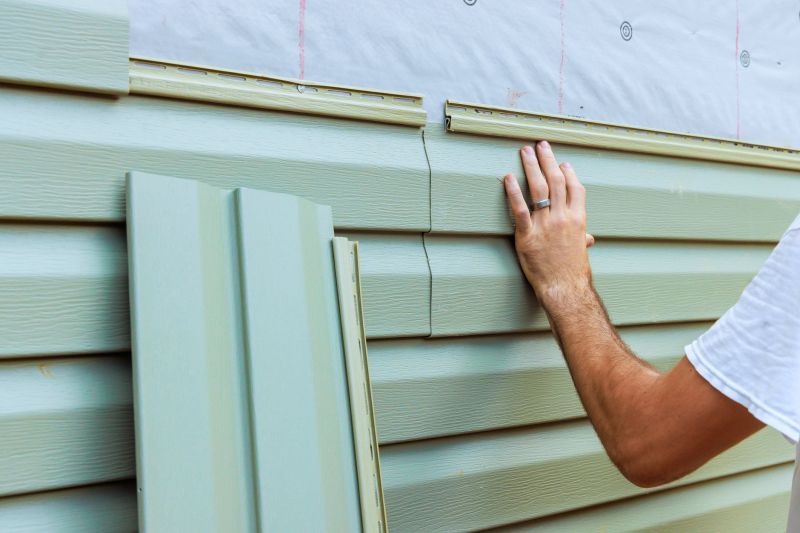
Ways to make Siding Service work in tight or awkward layouts.
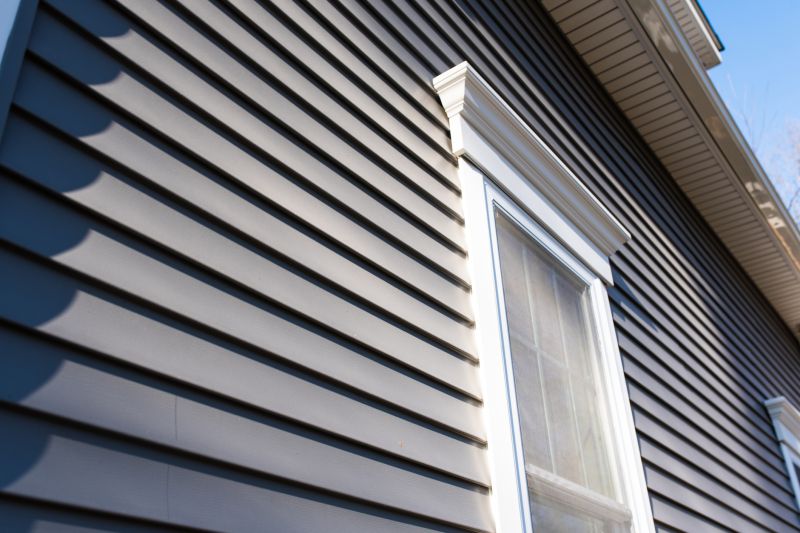
Popular materials for Siding Service and why they hold up over time.
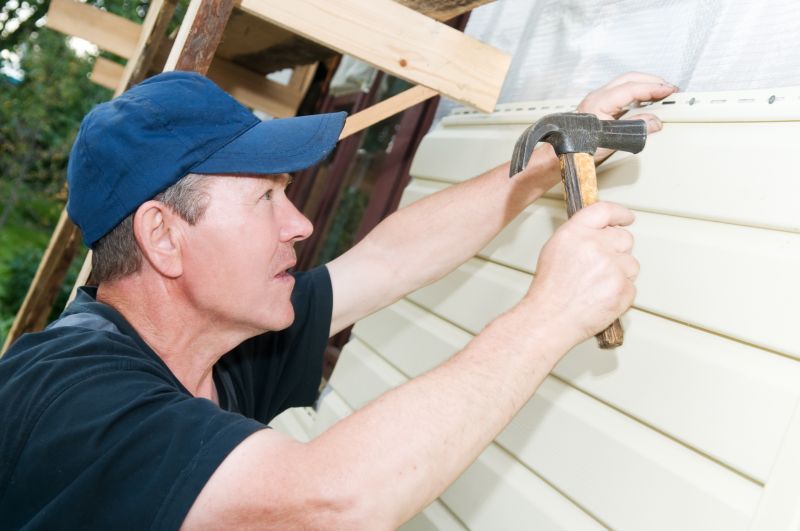
Simple add-ons that improve Siding Service without blowing the budget.
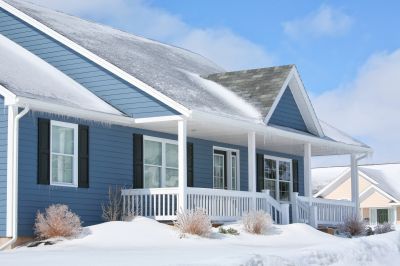
High-end options that actually feel worth it for Siding Service.
Siding service is essential for maintaining the structural integrity and aesthetic appeal of a building's exterior. Properly installed siding protects against weather elements, reduces energy costs, and enhances curb appeal. Different siding materials, such as vinyl, fiber cement, and wood, have specific installation requirements and optimal timing considerations. Regular maintenance and timely repairs can extend the lifespan of siding components, preventing costly damages and preserving property value.
| Season | Optimal Activities |
|---|---|
| Spring | Preparation and installation, taking advantage of mild weather |
| Summer | Maintenance and minor repairs, avoiding peak heat hours |
| Fall | Major repairs and installations before winter |
| Winter | Limited work, focus on inspections and planning |
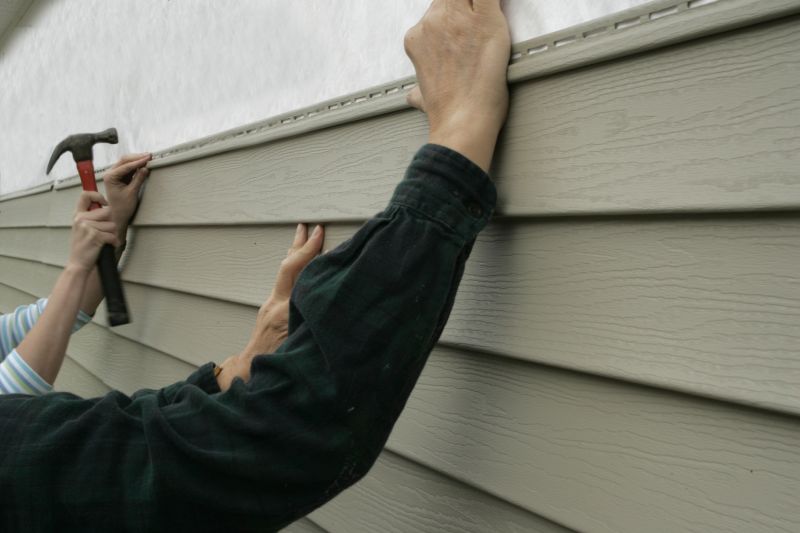
Finishes and colors that play nicely with Siding Service.
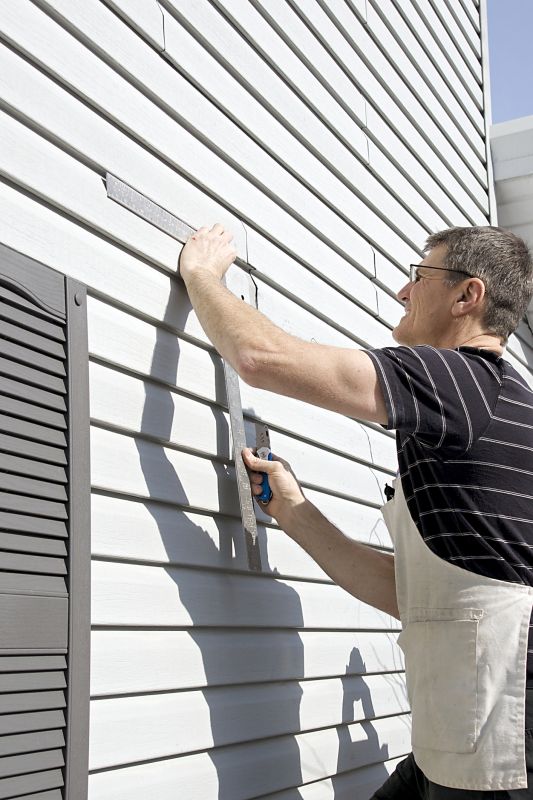
Little measurements that prevent headaches on Siding Service day.
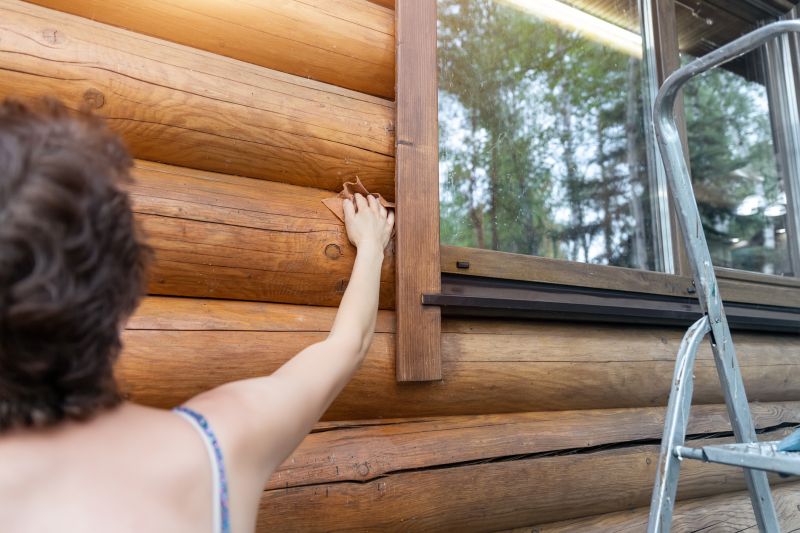
A 60-second routine that keeps Siding Service looking new.
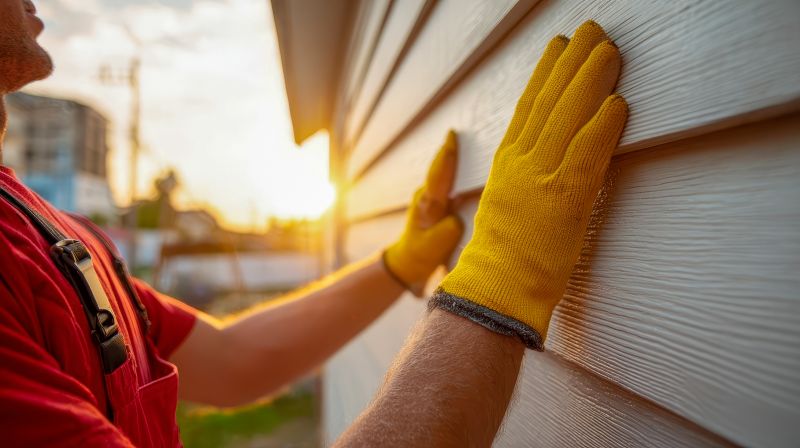
A frequent mistake in Siding Service and how to dodge it.
Scheduling siding service during the appropriate season can lead to better results and longer-lasting outcomes. Proper timing reduces the risk of weather-related delays and ensures that materials are installed under optimal conditions. Homeowners and property managers should consider seasonal weather patterns and plan accordingly to maximize the lifespan and performance of siding installations and repairs.
Weather plays a crucial role in siding work; avoid scheduling during extreme cold, heat, or wet conditions for best results.
Early planning for spring or fall projects can help secure preferred scheduling and ensure timely completion.
Consult siding specialists to determine the best timing based on local climate and project scope.
Different siding materials have specific temperature and weather requirements for optimal installation.


